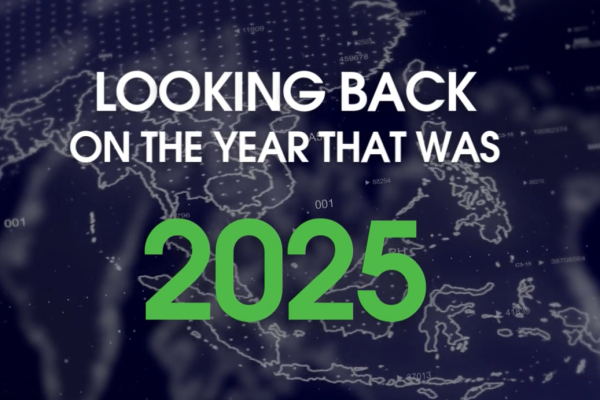The Fair Work Commission has just announced its increase to minimum wages which will become effective from the first full pay period on or after 1 July 2024.
After last years 5.75%, this years increase of 3.75% factored in lower inflation that 2023, cost of living pressures, labour productivity remains less than it was 4 years ago and only this year showed an small increase, benefit of the upcoming 1 July 2024 tax cuts and other budgetary measures impacting real household disposable income the government recently handed down. They also considered the 0.5% increase to superannuation.
In their review the Fair Work Commission looked at the fact that approximately 27% of the Australians who are paid under an Award are employed at the minimum wage rates of those Awards.
They confirmed that the majority of these “Modern Award Reliant employees” are in most instances employed part time or casual, generally women and are generally employed across only four key industries.
Further to this they determined any decision they make will directly affect about 11% of the Australian workforce – the balance receiving above award wages or those not employed under an award.
A few things to consider:
- If your staff are paid in line with the Award – you will need to ensure your payroll system is set up to take into account the new minimum awards rates. Plus review any allowances or penalty payments in line with the new rates.
- Penalty rates and allowances outlined in awards that are linked to pay levels will also go up (this includes leave loading). This means that if your employees are currently receiving an ‘over-award’ salary to cover all the additional amounts set out in the awards, the increase may no longer cover the new award levels.
- If you have non-award staff on salary packages – they will be looking at the minimum rate percentage and thinking that is what they should get too… if you are looking at salary reviews now – this is a factor to consider.
- The governments “Closing the Loopholes Bill” now includes the criminalisation of intentional wage underpayments. This means that deliberate failure to review wages resulting in the underpayment of staff will become a criminal offence (penalties and potential jail time).
Minimum wage review for 2024
The national minimum wage across Australia will increase on 1 July 2024 by 3.75% to $24.10 per hour or $915.90 per week.
On top of this is the increase to superannuation from 11% to 11.5%.
The percentage increase to the minimum wage will apply to:
- Employees under a Modern Award (where they currently are being paid above Award wages you will need to triple check this).
- Employees who are not covered by an Award or Agreement (national minimum wage would apply).
- Note the coverage definition of the Miscellaneous Award has been broadened and some staff who were deemed a non-Award employee would now be classified under this Award.
With this decision the Fair Work Commission will be working through their pay tools and information sheets which should be available online in the coming days.
This is a common question we often receive from clients. Paying your staff above Award wages does not preclude you from the provisions of the Award, except in certain circumstance and only when documented carefully.
If you are not sure whether your staff are Award employees – check it now. The penalties for breaching Award or Fair Work Act provisions are substantial.
How to ensure compliance from 1 July with new Award rates
1. If you currently pay a salary above minimum Award rates and you are not intending to give pay rises this year, it is a good idea to recheck your employees’ rates against the new minimum Award rates to ensure all your employees continue to be remunerated at or above minimum Award rates.
2. If you have any special payment arrangements (eg not paying overtime, leave loading or a certain allowance or penalty because you pay a higher salary) make sure this arrangement is clearly documented. Don’t rely on a verbal agreement or a quick email to protect you from a future wage claim. There have been some recent cases highlighting unclear “offset clauses” in employment contracts or undocumented arrangements, and they have failed to hold up in court.
3. A quick review of your employment conditions and contracts is a quick, easy and inexpensive way to protect your business.
4. Check your payroll codes for which pay items are flagged as having superannuation paid on them. Normal hours with a 1.5 x penalty rate for working on a Saturday would attract superannuation, overtime hours worked on a Saturday attracting a 1.5 x overtime rate would not.
Unsure where to start with award compliance?
The Fair Work Commission have a range of online tools available at www.fairwork.gov.au.







